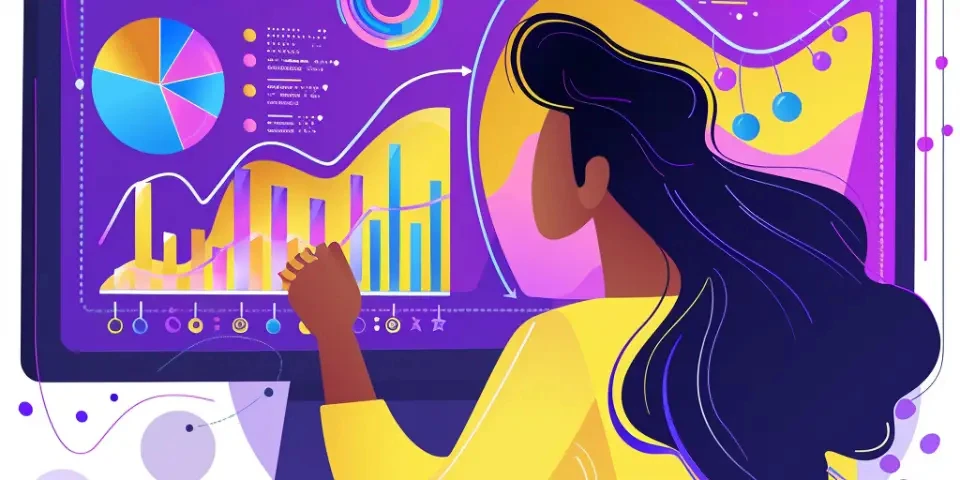AI Voiceover for Video Games Immersive Storytelling like Never Before
Video games have come a long way since their humble beginnings, evolving into complex and immersive virtual worlds. One key aspect that greatly enhances the gaming experience is voiceover?the use of spoken dialogue by characters. In recent years, the advent of Artificial Intelligence (AI) has revolutionized voiceover in video games, enabling developers to create immersive storytelling like never before. In this article, we will explore the various aspects of AI voiceover in video games and its impact on the gaming industry.
1. Natural Language Processing (NLP) and AI Voiceover
AI voiceover relies heavily on Natural Language Processing (NLP) techniques to understand and generate human-like speech. NLP algorithms analyze written dialogues and convert them into coherent spoken sentences, bringing characters to life with realistic voices and emotions. By leveraging AI, video games can now offer more engaging and dynamic storytelling experiences.

One of the popular platforms for AI voiceover is Wavenet, developed by Google's DeepMind. It generates speech that sounds almost indistinguishable from real humans. Such technology enables video game characters to have unique voices and inflections, adding depth and realism to the gaming experience.
2. Customization and Player Immersion
A fascinating aspect of AI voiceover is the ability to customize character voices based on player preferences. Through machine learning algorithms, games can tailor dialogue delivery, accents, tones, and even personality traits to suit individual players. This customization grants players a sense of immersion, making them feel like an integral part of the game's narrative.
For instance, if a player prefers a more aggressive and sarcastic dialogue style, the AI voiceover technology can modify the character's voice accordingly, enhancing the player's connection with the story. This customization feature elevates immersion levels and personalizes the gaming experience.
3. Dynamic Dialogue Generation
Traditionally, video game dialogues were static and pre-recorded, leaving little room for variation. With AI voiceover, game developers can generate dynamic dialogues that adapt to player choices and actions, resulting in a more realistic and responsive gameplay experience.
By employing machine learning models, AI systems can analyze player interactions and generate appropriate responses from characters in real-time. This enables players to influence the direction of a story, creating a truly interactive and immersive narrative.
4. Multilingual Accessibility and Inclusivity
AI voiceover technology also brings multilingual accessibility and inclusivity to video games. Through machine translation algorithms, games can be localized into various languages, allowing players from different regions to enjoy the game in their native tongue.
Moreover, AI voiceover can help bridge language barriers, making gaming more accessible to individuals with hearing impairments. Text-to-speech conversion enables subtitles and in-game dialogues to be converted into spoken words, providing a richer experience for those who may rely on auditory cues.
5. Efficient Voiceover Production
AI voiceover technology has streamlined the voiceover production process for video games. Previously, hiring voice actors and recording studios could be time-consuming and costly. With AI, however, developers can generate voiceovers quickly and efficiently, reducing production time and costs.
Tools like Descript provide an intuitive platform for game developers to assemble and edit AI-generated voiceovers. These tools offer a user-friendly interface, allowing for seamless integration of the recorded dialogue into the game, without the need for extensive post-production efforts.
FAQs:
Q1: Can AI voiceover completely replace human voice actors in video games?
A1: While AI voiceover technology has advanced significantly, it cannot completely replace human voice actors. Human actors bring unique nuances, emotions, and improvisational skills that AI still struggles to replicate. Therefore, a combination of AI and human voice actors is often used to achieve the best results.
Q2: Will AI voiceover technology lead to less diversity in video game voice acting?
A2: On the contrary, AI voiceover technology can enhance diversity in video game voice acting. By enabling customization and inclusivity features, players can experience a wider range of accents, languages, and personalities. This opens up opportunities for more diverse voice actors to contribute their talents to the gaming industry.
Q3: How does AI voiceover affect the file size of video games?
A3: AI-generated voiceovers are generally more compact than traditional pre-recorded audio files. AI models can generate high-quality audio with significantly smaller file sizes, resulting in reduced storage requirements for video games. This optimization allows developers to create larger and more content-rich games without excessively increasing the file size.
Explore your companion in WeMate